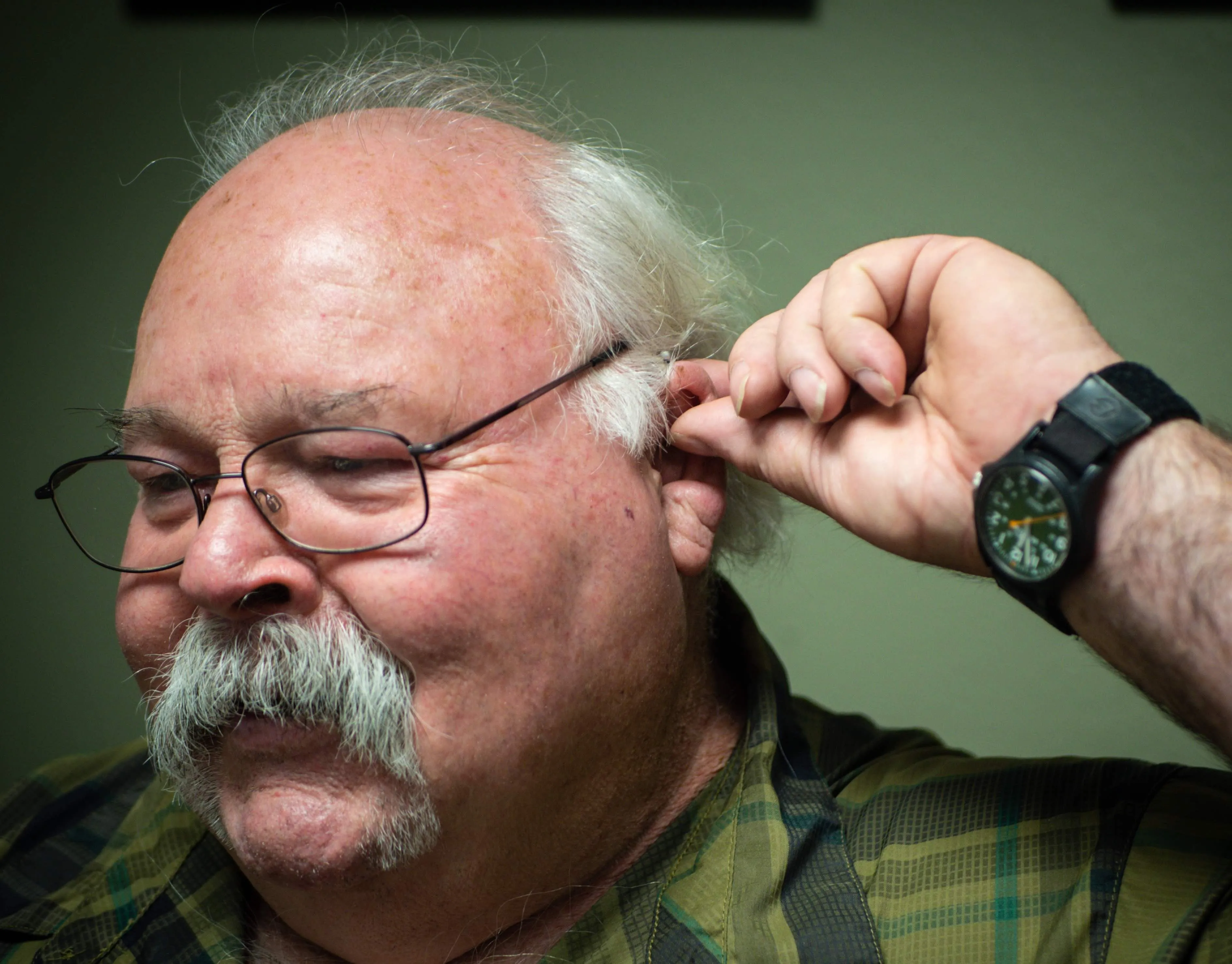Maintaining Healthy Hearing as You Age: Tips and Strategies
As we journey through life, our bodies undergo changes, and our senses evolve. Hearing is no exception. As we age, it's essential to prioritize our hearing health to ensure we can fully engage with the world around us. In this blog post, we will explore valuable tips and strategies to help you maintain healthy hearing as you age. By implementing these practices, you can preserve your hearing abilities and enjoy a vibrant and connected life.

- Schedule Regular Hearing Check-ups:
- Just as you prioritize regular visits to your doctor or dentist, it's crucial to schedule routine hearing check-ups. These appointments can detect any changes in your hearing abilities and allow for early intervention if necessary. Aim to have your hearing evaluated at least once every two years, or more frequently if you experience any noticeable changes or concerns.
- Protect Your Ears from Loud Noises:
- Prolonged exposure to loud noises can cause irreversible damage to your hearing. Whether it's attending concerts, using power tools, or listening to music through headphones, be mindful of the volume levels. Consider wearing ear protection, such as earplugs or earmuffs, in loud environments. Additionally, take breaks from noisy environments to give your ears time to rest and recover.
- Practice Good Ear Care:
- Maintaining proper ear hygiene is an essential aspect of hearing health. Avoid inserting objects into your ears, such as cotton swabs, as they can push earwax deeper into the ear canal, potentially leading to blockages or damage. Instead, allow the ear's natural self-cleaning process to occur. If you experience excessive earwax buildup, consult a healthcare professional for safe removal.
- Embrace Healthy Lifestyle Habits:
- Several lifestyle factors can impact your hearing health. For example, smoking and excessive alcohol consumption have been linked to increased risk of hearing loss. By quitting smoking and moderating alcohol intake, you can promote overall well-being and protect your hearing. Additionally, regular exercise and a balanced diet can contribute to optimal blood circulation and overall ear health.
- Be Mindful of Medications:
- Certain medications, known as ototoxic drugs, can cause damage to the hearing system. If you take medications regularly, consult with your healthcare provider to ensure they won't adversely affect your hearing. They can help identify alternative options or provide monitoring strategies to minimize potential hearing-related side effects.
- Stay Physically and Mentally Active:
- Engaging in physical and mental activities stimulates blood flow to the ears and the brain, supporting healthy hearing. Regular exercise, such as walking or swimming, promotes cardiovascular health, which, in turn, benefits your auditory system. Furthermore, mental activities like puzzles, reading, and learning new skills keep your brain active and help maintain cognitive functions associated with hearing.
- Seek Support and Communication Strategies:
- If you experience hearing difficulties, don't hesitate to seek support and explore communication strategies. Hearing aids, assistive listening devices, and captioning services can significantly enhance your ability to hear and understand conversations. Consider joining support groups or seeking guidance from audiologists and speech-language pathologists who specialize in working with older adults.
Maintaining healthy hearing as you age requires conscious effort and a proactive approach. By incorporating these tips and strategies into your daily routine, you can protect your hearing abilities, foster meaningful connections, and continue to enjoy the rich sounds of life. Remember, your hearing health is an invaluable asset that deserves attention and care, so make it a priority and embark on a journey of vibrant and connected living.
